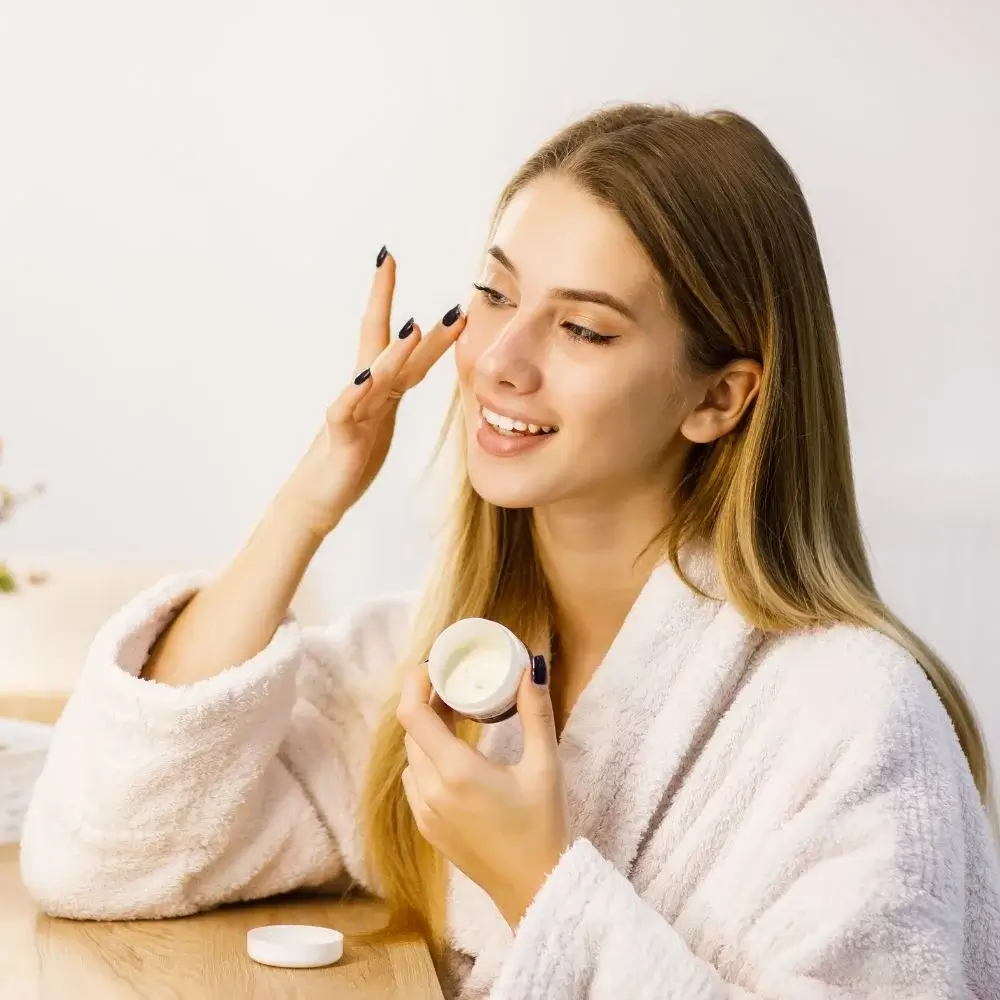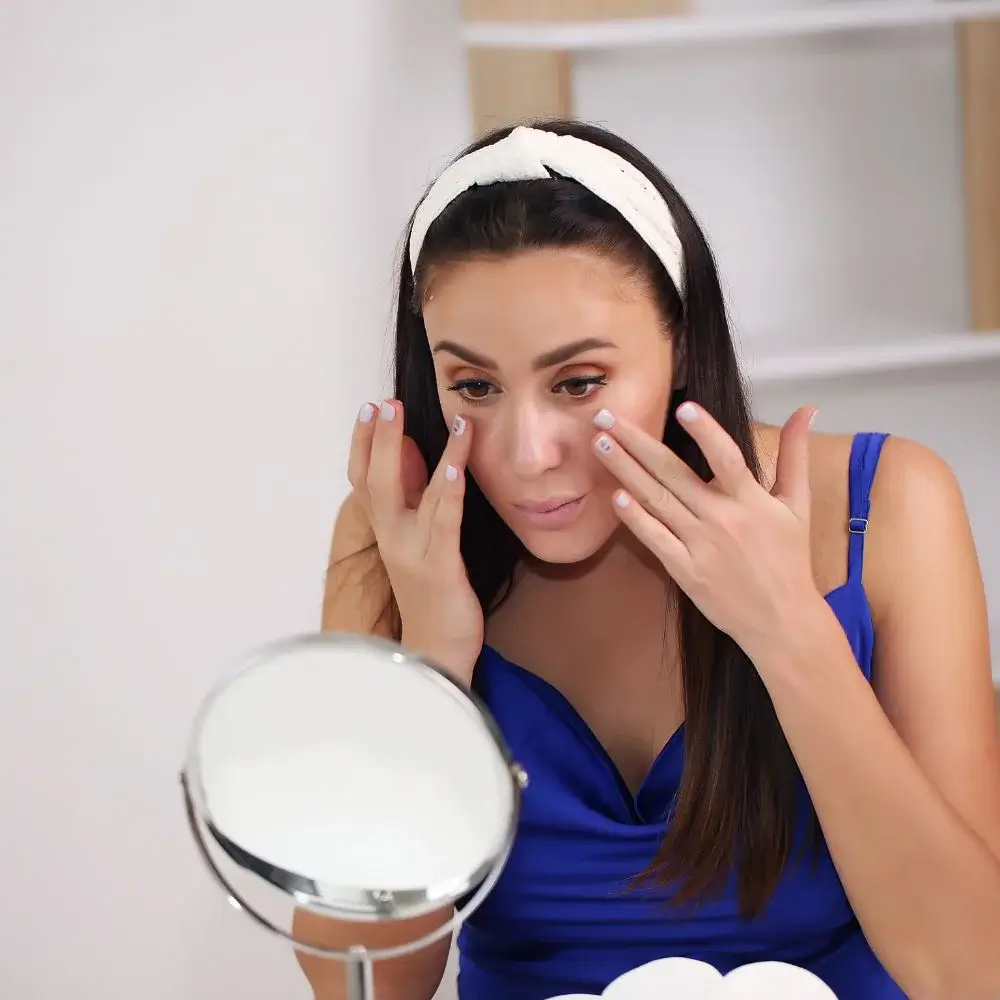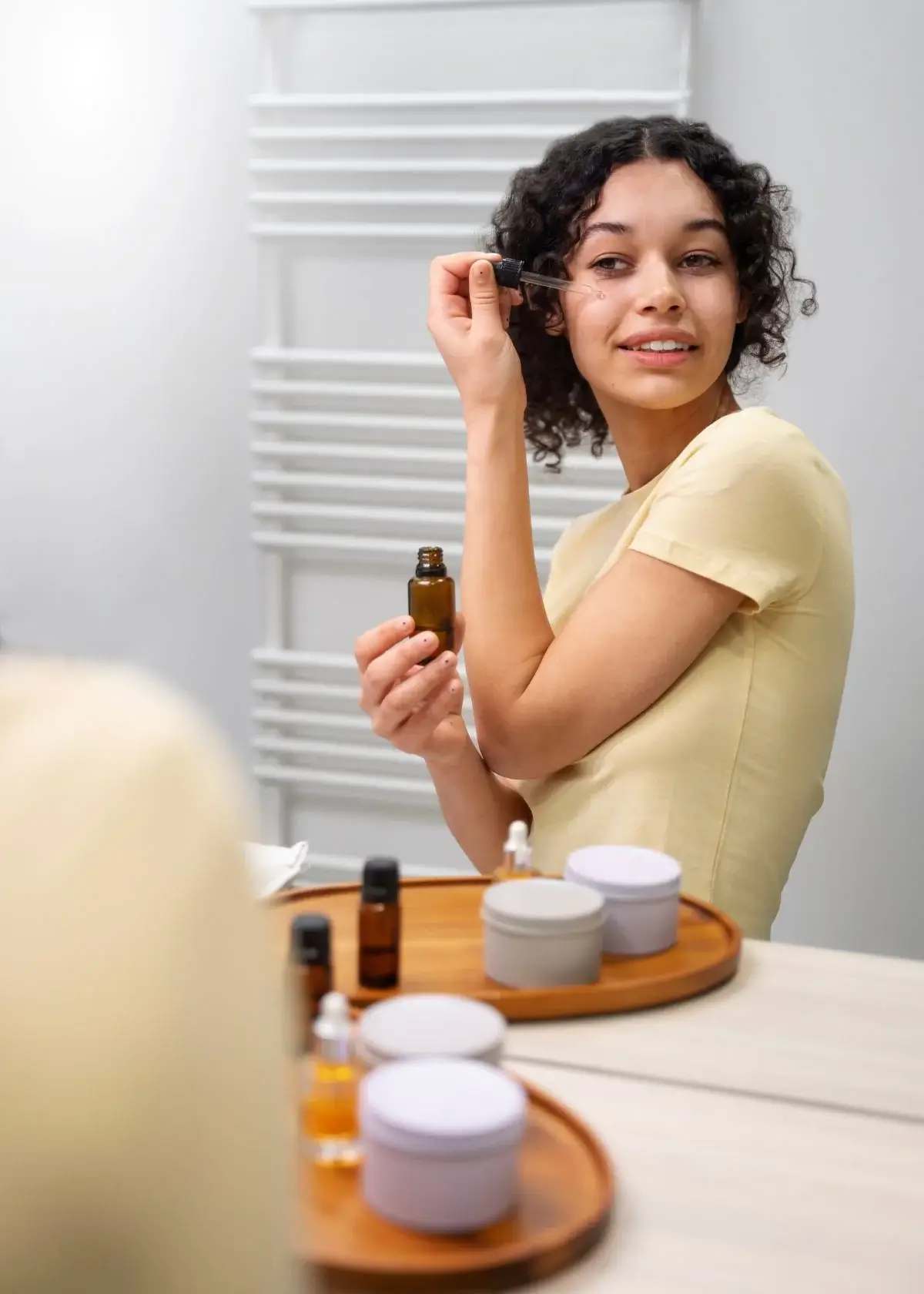The anti-aging skincare world can be exciting and overwhelming as we strive to maintain our youthful glow. With many products flooding the market, it's natural to wonder whether these treatments suit all skin types. In this blog post, we will explore the compatibility of anti-aging skin care with different skin types and guide finding the right products for your needs. So, beauty lovers, let's dive in and unravel the truth about anti-aging skin care!
Understanding Skin Types
Before delving into the world of anti-aging skincare, it's important to understand the unique characteristics of your skin type. Each skin type requires specific care and attention, from dry and oily to combination and sensitive. By identifying your skin type, you can tailor your anti-aging routine to address your needs effectively.
Common Anti-Aging Ingredients
To combat the signs of aging, countless ingredients claim to work wonders. These powerhouse ingredients often dominate anti-aging skin care, from retinol and hyaluronic acid to peptides and antioxidants. However, it's essential to consider how these ingredients may interact with different skin types. While some ingredients may suit all skin types, others may require a more cautious application or be better suited for specific concerns.
Tailoring for Different Skin Types
Now, let's dive into the practical application of anti-aging skin care for different skin types. We'll provide tips and recommendations tailored to each skin type, helping you navigate the vast array of products available.
- Dry Skin: Focusing on hydration and moisture retention is crucial for those with dry skin. Look for anti-aging products with nourishing ingredients like hyaluronic acid, ceramides, and rich emollients.
- Oily Skin: Those with oily skin can still benefit from anti-aging skin care. Opt for lightweight, oil-free formulations that won't clog pores. Ingredients like salicylic acid and niacinamide can help control excess oil while addressing signs of aging.
- Sensitive Skin: Sensitivity requires gentle yet effective care. Choose anti-aging products formulated without fragrances, dyes, or harsh chemicals. To minimize irritation, look for soothing ingredients like chamomile, aloe vera, and peptides.
- Combination Skin: Combination skin requires a balanced approach. Focus on hydration for dry areas while using oil-controlling ingredients in the T-zone. Seek lightweight, non-comedogenic products that won't exacerbate oiliness or dryness.
Remember, these are general guidelines, and listening to your skin's specific needs is important. Consulting with a dermatologist can provide personalized recommendations based on your unique skin type and concerns.
Addressing Concerns and Misconceptions
Concerns and misconceptions abound when it comes to anti-aging skin care. Many worry that certain ingredients or treatments may exacerbate skin issues or cause adverse reactions. It's crucial to address these concerns head-on. While some ingredients may be unsuitable for certain skin types or conditions, advancements in formulation and research have made anti-aging products more compatible than ever before.
The "one size fits all" mantra in anti-aging skincare doesn't ring true. Understanding your skin type and its unique characteristics is pivotal in curating an effective anti-aging routine. You can optimize anti-aging treatments' benefits while mitigating potential risks by tailoring your approach and selecting products specifically suited to your skin type. Remember, knowledge and customization are key when it comes to achieving youthful, radiant skin. Embrace your individuality, consult with professionals, and confidently embark on your anti-aging journey!
After extensive research and analysis, we have successfully uncovered the finest anti-aging skin care solutions. We understand the importance of maintaining youthful and glowing skin, so we are excited to share our findings. These meticulously selected products have been chosen based on their proven effectiveness and utilization of high-quality ingredients. By following the link, you can discover your new favorite anti-aging skin care regimen that will help combat wrinkles, fine lines, and other signs of aging, giving you a radiant and age-defying complexion.
What is the role of exfoliation in an anti-aging skincare routine?
Exfoliation plays a multifaceted and pivotal role in an effective anti-aging skincare routine. This process involves the removal of dead skin cells, unveiling a fresh layer that contributes to a smoother, more youthful complexion. Whether opting for chemical exfoliants like alpha hydroxy acids (AHAs) or physical exfoliants, the result is a revitalized skin texture that minimizes the appearance of fine lines. Beyond its immediate impact on surface texture, exfoliation fosters increased cellular turnover, promoting the emergence of healthier skin cells. This dual action enhances the overall radiance of the skin. It optimizes the absorption of subsequent anti-aging products, ensuring a synergistic and comprehensive approach to combating the signs of aging.

What is the importance of a consistent skincare routine in anti-aging?
The importance of consistency in an anti-aging skincare routine cannot be overstated. Regularity in cleansing, moisturizing, and sun protection establishes a foundation for sustained skin health. A consistent routine allows active anti-aging ingredients to work synergistically over time, addressing fine lines, wrinkles, and other signs of aging. This disciplined approach fosters lasting results, maintaining skin vitality and minimizing the impact of environmental stressors on aging. Consistency is the cornerstone of a successful anti-aging strategy, ensuring continuous support for the skin's health and resilience throughout different stages of life.

What role do peptides play in anti-aging skincare products?
Peptides emerge as formidable players in anti-aging skincare, functioning as essential building blocks for collagen and elastin. These proteins are integral to maintaining skin structure, diminishing the appearance of fine lines, and promoting firmness. In anti-aging formulations, peptides play a vital role in stimulating collagen production, offering a proactive approach to combat the effects of aging. Their inclusion in a skincare routine reinforces the skin's resilience, contributing to a visibly smoother and more youthful complexion over time. As peptides interact with the skin at a cellular level, their ongoing use contributes to gradually restoring skin elasticity and firmness.

How does the use of serums contribute to anti-aging benefits?
Characterized by their high concentration of active ingredients, Serums play a pivotal role in achieving anti-aging benefits. Whether enriched with retinol, vitamin C, or hyaluronic acid, serums target specific concerns such as wrinkles, uneven skin tone, and dehydration. Due to their lightweight consistency, serums penetrate deeply into the skin, delivering intensive nourishment and promoting a rejuvenated appearance. The frequent and consistent use of serums addresses existing signs of aging. It acts preventatively, supporting the skin's resilience against future damage and fostering a holistic approach to age management beyond surface-level improvements.

How can the skincare routine be adapted for seasonal changes?
Adapting the skincare routine to seasonal changes is imperative for optimal skin health. During colder months, prioritize hydration with richer moisturizers to combat dryness exacerbated by harsh weather conditions. In the warmer seasons, opt for lightweight formulations and intensify sun protection to counter the heightened exposure to UV rays. Adjust serums and treatments based on climate-induced skin needs, ensuring the routine remains attuned to the specific challenges of varying weather conditions. A flexible and adaptive routine addresses environmental challenges. It supports the skin's resilience against the varied impacts of seasonal changes, fostering a balanced and practical approach to anti-aging throughout the year.
Should individuals with oily skin use moisturizers in their anti-aging routine?
Individuals with oily skin should embrace moisturizers as an integral part of their anti-aging routine. Contrary to common misconceptions, even oily skin requires adequate hydration. Opt for lightweight, non-comedogenic formulations enriched with ingredients like hyaluronic acid to balance hydration levels without clogging pores. While oily skin produces excess sebum, it still benefits from the nourishing properties of moisturizers. This nuanced approach tailors the anti-aging routine to the unique needs of oily skin, fostering a comprehensive strategy that promotes skin health and resilience without compromising balance.







